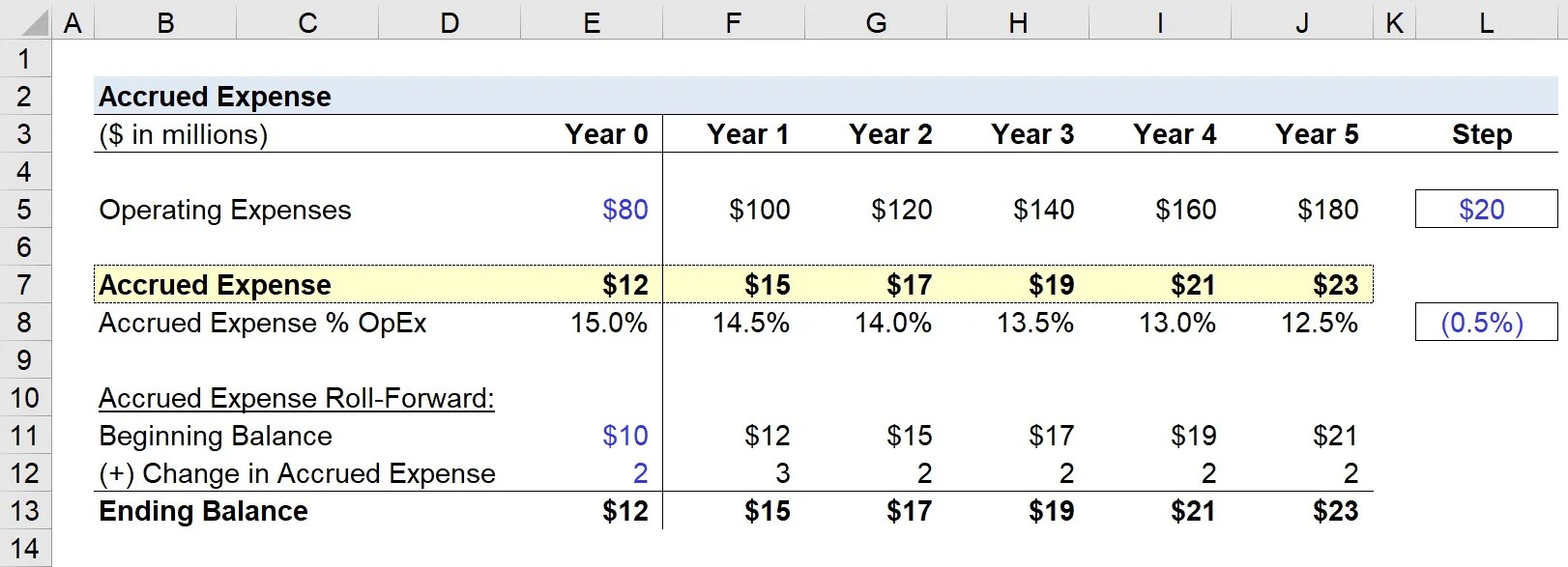Home>Finance>What Time Does Chase Credit Card Payment Have To Be In To Avoid Late Fee


Finance
What Time Does Chase Credit Card Payment Have To Be In To Avoid Late Fee
Published: February 23, 2024
Find out the deadline for Chase credit card payments to avoid late fees. Manage your finances with timely credit card payments. Avoid late fees and interest charges.
(Many of the links in this article redirect to a specific reviewed product. Your purchase of these products through affiliate links helps to generate commission for LiveWell, at no extra cost. Learn more)
Table of Contents
Introduction
Understanding the Importance of Timely Chase Credit Card Payments
Paying your credit card bill on time is crucial to maintaining a healthy financial standing and avoiding unnecessary fees. When it comes to Chase credit card payments, understanding the due date and processing time is essential for a seamless payment experience. This article will delve into the significance of timely payments, the consequences of late payments, and the factors affecting the processing time of Chase credit card payments. By gaining insights into these aspects, you can effectively manage your credit card payments and ensure a positive impact on your financial well-being.
Late credit card payments can lead to various repercussions, including late fees, increased interest rates, and negative effects on your credit score. Therefore, it is imperative to comprehend the intricacies of Chase credit card payment deadlines and processing times to avoid these unfavorable outcomes. Throughout this article, we will explore the recommended time for making Chase credit card payments and provide valuable tips for optimizing your payment schedule. Let's dive into the details to empower you with the knowledge needed to navigate the world of Chase credit card payments effectively.
Understanding Chase Credit Card Payment Due Date
When it comes to managing your Chase credit card payments, understanding the due date is paramount. The due date is the deadline by which your payment must be received to be considered on time. For Chase credit cards, the due date is typically the same date each month, providing consistency for cardholders to plan their payments effectively. It is essential to note that the due date is not a suggested payment date; rather, it is the last day to submit your payment without incurring late fees or negative repercussions.
Chase provides various methods for accessing your due date, including online account management, mobile apps, and paper statements. By staying informed about your due date, you can proactively plan your payments and avoid the pitfalls of late fees and potential damage to your credit score. It’s important to remember that making timely payments not only safeguards your financial standing but also contributes to building a positive credit history, which is instrumental for future financial endeavors.
Understanding the due date also involves considering weekends, holidays, and the time zone in which your payment is due. While Chase typically considers payments received by 8:00 PM Eastern Time as same-day payments, it’s advisable to submit your payment a day or two before the actual due date to account for processing time and potential delays. By familiarizing yourself with your specific due date and the associated considerations, you can ensure that your Chase credit card payments are consistently made on time, thereby avoiding unnecessary fees and maintaining a favorable financial track record.
Consequences of Late Chase Credit Card Payments
Late credit card payments, including those for Chase credit cards, can have significant ramifications that extend beyond the immediate financial impact. One of the most immediate consequences of a late payment is the imposition of a late fee, which can range from $29 to $39, depending on the specific terms of your credit card agreement. These fees can quickly accumulate and burden your finances, making it crucial to prioritize timely payments to avoid unnecessary expenses.
Moreover, late payments can result in an increase in your annual percentage rate (APR), leading to higher interest charges on your outstanding balance. This not only translates to additional financial strain but also diminishes the potential benefits of your credit card rewards and perks. Additionally, late payments can trigger a negative impact on your credit score, affecting your overall creditworthiness and potentially hindering your ability to secure favorable terms for future loans, mortgages, or credit cards.
Furthermore, the adverse effects of late payments can extend to the relationship with your credit card issuer. Repeated instances of late payments may lead to a loss of trust and could result in reduced credit limits, higher interest rates, or even account closure. These repercussions emphasize the importance of prioritizing timely Chase credit card payments to maintain a positive financial standing and a harmonious relationship with your credit card provider.
Understanding the consequences of late payments underscores the significance of proactive financial management. By consistently meeting your payment deadlines, you can mitigate the risk of incurring unnecessary fees, safeguard your credit score, and nurture a positive rapport with your credit card issuer. This knowledge empowers you to make informed decisions regarding your financial responsibilities and underscores the value of prioritizing timely Chase credit card payments.
Factors Affecting Chase Credit Card Payment Processing Time
Understanding the factors that influence the processing time of Chase credit card payments is pivotal in ensuring timely and seamless transactions. Several elements can impact the duration it takes for a payment to reflect on your account, potentially affecting your ability to avoid late fees and other repercussions. By familiarizing yourself with these factors, you can optimize your payment strategy and minimize the risk of delays in processing.
One significant factor influencing payment processing time is the method used to submit the payment. Payments made through Chase’s online portal or mobile app often reflect on the account more quickly than those made via mail. Electronic payments are typically processed faster, offering a more efficient way to ensure timely receipt and posting of your payment. Additionally, the timing of your payment submission plays a crucial role. Payments made before the specified cutoff time, often around 8:00 PM Eastern Time, are more likely to be processed on the same day, while those made after the cutoff time may be processed on the following business day.
Furthermore, weekends and holidays can impact payment processing time. If your payment due date falls on a weekend or a holiday when banks are closed, it’s advisable to submit your payment in advance to accommodate for potential delays. While Chase may consider payments received by the due date as on time, processing times can vary, and proactive planning can mitigate the risk of late fees due to unforeseen delays.
Another factor to consider is the available credit limit on your Chase credit card. If your available credit is insufficient to cover the payment amount, the processing time may be affected, potentially leading to delays in posting the payment to your account. Monitoring your available credit and ensuring it aligns with your intended payment amount can help streamline the processing of your Chase credit card payments.
By acknowledging these factors and taking proactive measures to address potential delays, you can enhance the efficiency of your Chase credit card payments. Understanding the intricacies of payment processing time empowers you to navigate the payment landscape with confidence and precision, ultimately contributing to a seamless and effective payment experience.
Recommended Time for Chase Credit Card Payments
Choosing the optimal time to make your Chase credit card payments is instrumental in ensuring that your transactions are processed seamlessly and without incurring late fees. By considering various factors and best practices, you can strategically plan your payment schedule to align with the processing time and due date, thereby avoiding potential delays and financial penalties.
One of the primary recommendations for making Chase credit card payments is to submit your payment a few days before the actual due date. This proactive approach allows for sufficient processing time, especially if unforeseen delays occur. By submitting your payment in advance, you can mitigate the risk of last-minute obstacles impacting the timely posting of your payment to your account.
Utilizing electronic payment methods, such as Chase’s online portal or mobile app, is also advisable for expediting payment processing. Electronic payments are often processed more rapidly than traditional mail-in payments, offering a convenient and efficient way to ensure that your payment is received and posted in a timely manner. Additionally, electronic payments provide a level of transparency, allowing you to receive immediate confirmation of the transaction and its posting to your account.
Considering weekends and holidays is crucial when determining the recommended time for Chase credit card payments. If your payment due date coincides with a weekend or a holiday, submitting your payment in advance becomes essential to accommodate potential delays resulting from bank closures or limited processing hours. This proactive approach aligns with the goal of ensuring that your payment is processed and posted without any impediments.
Regularly monitoring your available credit limit is another valuable practice when planning your Chase credit card payments. Ensuring that your available credit aligns with your intended payment amount can help streamline the processing of your payment, minimizing the risk of delays due to insufficient funds or credit limit constraints.
By adhering to these recommended practices and considering the factors that influence payment processing time, you can optimize your approach to making Chase credit card payments. This proactive and strategic approach not only helps you avoid late fees and negative repercussions but also contributes to a seamless and efficient payment experience, ultimately fostering a positive financial standing and a harmonious relationship with your credit card issuer.
Conclusion
Managing your Chase credit card payments with diligence and foresight is integral to maintaining a healthy financial profile and avoiding unnecessary fees. Understanding the due date, consequences of late payments, factors affecting payment processing time, and the recommended time for making payments empowers you to navigate the payment landscape with confidence and precision.
By comprehending the significance of the due date and proactively planning your payments, you can ensure that your transactions are processed on time, mitigating the risk of late fees and negative impacts on your credit score. The consequences of late payments underscore the importance of prioritizing timely payments, as they can lead to increased fees, higher interest rates, and potential harm to your creditworthiness.
Factors affecting payment processing time, such as the payment method, timing, weekends, holidays, and available credit limit, offer valuable insights into optimizing your payment strategy. By considering these factors and adhering to recommended practices, such as submitting payments in advance and utilizing electronic payment methods, you can streamline the payment process and minimize the risk of delays.
In conclusion, proactive financial management and a thorough understanding of the intricacies of Chase credit card payments are essential for safeguarding your financial well-being and fostering a positive relationship with your credit card issuer. By implementing the knowledge and recommendations outlined in this article, you can navigate the world of credit card payments with confidence, ensuring that your payments are made on time and contributing to a favorable financial standing.














